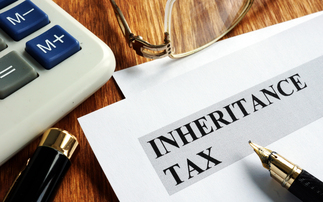The Treasury is proposing to strictly define who is an ordinary British resident for tax purposes, as part of reforms announced in the Budget.
The government's proposed definition is that individuals who spend time in the UK should be treated as 'ordinarily resident' for tax purposes unless they have been non-resident in the UK in all of the previous five tax years. Individuals should only be able to access ordinary resident tax status in the tax year in which they arrive in the UK, and for a maximum of two full tax years following the year of arrival. Under current rules, individuals are treated as ordinarily resident if they usually live in the UK (or intend to do so), or come to the country regularly and for 91 days or mo...
To continue reading this article...
Join Professional Adviser for free
- Unlimited access to real-time news, industry insights and market intelligence
- Stay ahead of the curve with spotlights on emerging trends and technologies
- Receive breaking news stories straight to your inbox in the daily newsletters
- Make smart business decisions with the latest developments in regulation, investing retirement and protection
- Members-only access to the editor’s weekly Friday commentary
- Be the first to hear about our events and awards programmes








